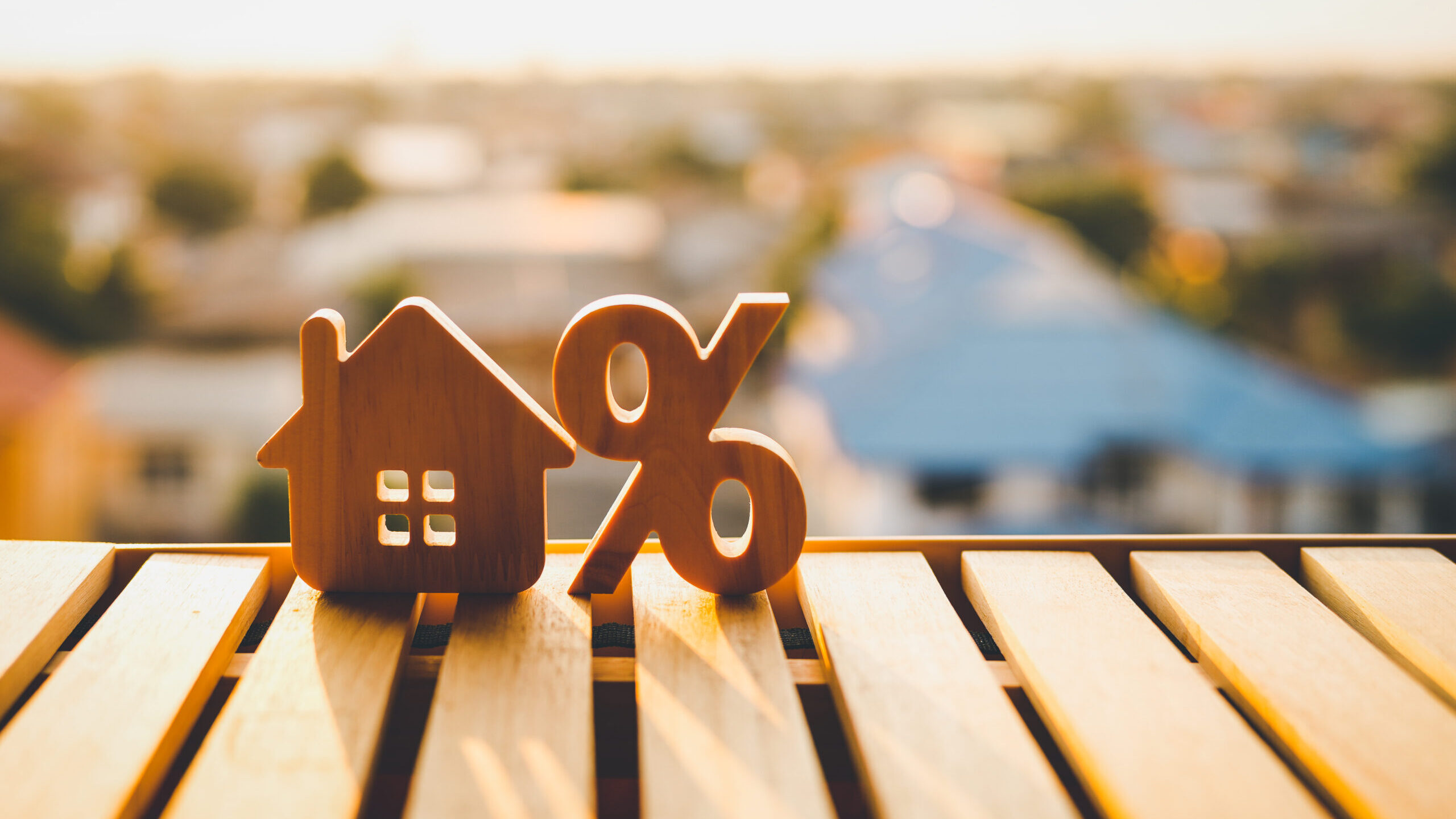The vast majority of home loan customers are currently choosing variable-rate loans over fixed-rate loans.
In August 2024, 98% of new loans were variable, while 2% were fixed, according to the most recent data from the Australian Bureau of Statistics.
By comparison, in August 2021, when interest rates were at record-low levels, 46% of borrowers decided to fix, while 54% went variable.
Interest rate expectations appear to be guiding borrowers’ decisions.
In 2021, when rates were at ultra-low levels due to the pandemic, most borrowers assumed they would rise sooner or later – so many chose to lock in those lower rates.
Today, most borrowers assume rates have peaked, so they want a variable loan that will get cheaper if and when the Reserve Bank of Australia starts reducing the cash rate.
Fixed vs variable
-
Fixed loans simplify budgeting, because your monthly repayments won’t change during the fixed period
-
As a result, you won’t suffer when rates rise and won’t benefit when they fall
-
Variable loans are unpredictable, because your repayments can change at any time
-
Variable rates go higher when rates rise and lower when they fall




